The age of communication and information overload has brought with it a stealth and significant risk: a seemingly endless supply of phishing, fraud and scams. We’ve all gotten – and hopefully ignored or reported – emails about an unexpected inheritance or robotic phone messages about an extended car warranty. But, when it comes to operating a business, the stakes can be even higher.
The statistics are sobering: According to the Better Business Bureau, business email compromise scams have skyrocketed in frequency and have cost businesses and organizations more than $3 billion since 2016. And, in 2022, the average cost of a data breach reached a record high of $4.35 million, according to the cost of a data breach report by IBM and the Ponemon Institute.
North Shore Bank takes fraud prevention very seriously and is committed to providing current and frequent communication about best practices for businesses to protect their reputations and their bottom line – from both internal and external risks. Keep the following in mind to help prevent fraud against your business or falling prey to scammers.
External Risk Factors:
- Scammers succeed by presenting themselves as known or trustworthy. Don’t always believe the “from” name on an email you receive or the name that pops up on caller ID. Today, it is all too easy for scammers to create official looking logos and accounts that look legitimate.
- Urgency is a red flag, as is the use of fear or intimidation. When you feel pressed or pressured to make a quick decision, it’s a good indicator to stop and do the required research to see if a request is legitimate.
- Be wary of any type of transaction – a wire transfer, reloadable card or gift card, special pricing and offers that seem too good to be true – that doesn’t have a mechanism for tracking or customer service.
Internal Best Practices:
- The crime of embezzlement far pre-dates the information age, but technology advances have created additional channels of opportunity. It’s as important as ever to follow proven practices of dual control and/or separation of duties when it comes to managing the books.
- Train employees not to send passwords and sensitive info by email, even if the request seems to come from someone you know. Similarly, use secure platforms to share sensitive data rather than sending it via email.
- Have practices in place that ensure a thorough review of all invoices before payment. Make sure goods or services were legitimately ordered and received before making payment.
- Request and share resources from the Federal Trade Commission to educate team members and keep fraud prevention top of mind.
“We’ve helped our business clients survive, grow and thrive through all kinds of ups and downs, from recessions to pandemics and beyond,” says Margaret Capper, SVP, Commercial Banking Manager at North Shore Bank. “Due to fraud, businesses have experienced major losses and we consider risk mitigation and fraud prevention as important to our clients’ daily needs as any other part of their full financial picture.”
While fraud and scams seem to be here to stay, knowledge is power and information is protection. Rest assured your dedicated team of business banking advisors is always just a click or call away to help ensure your best fraud prevention and protection measures are in place.
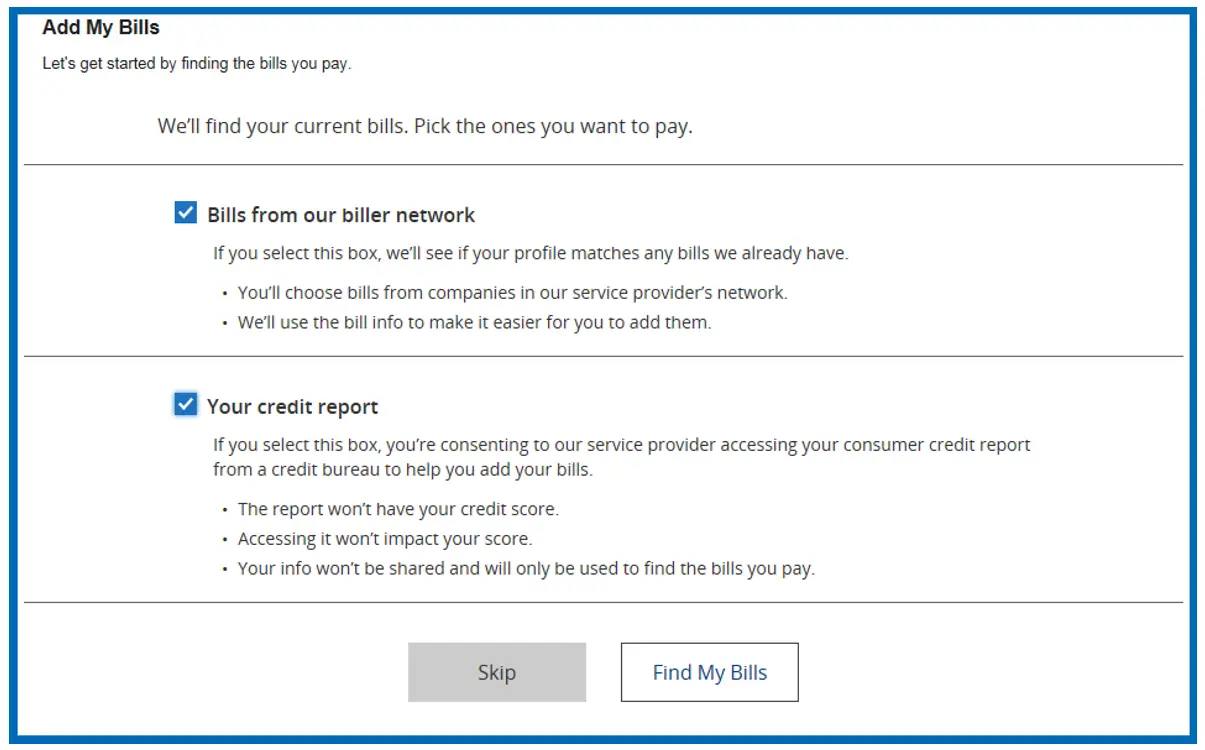
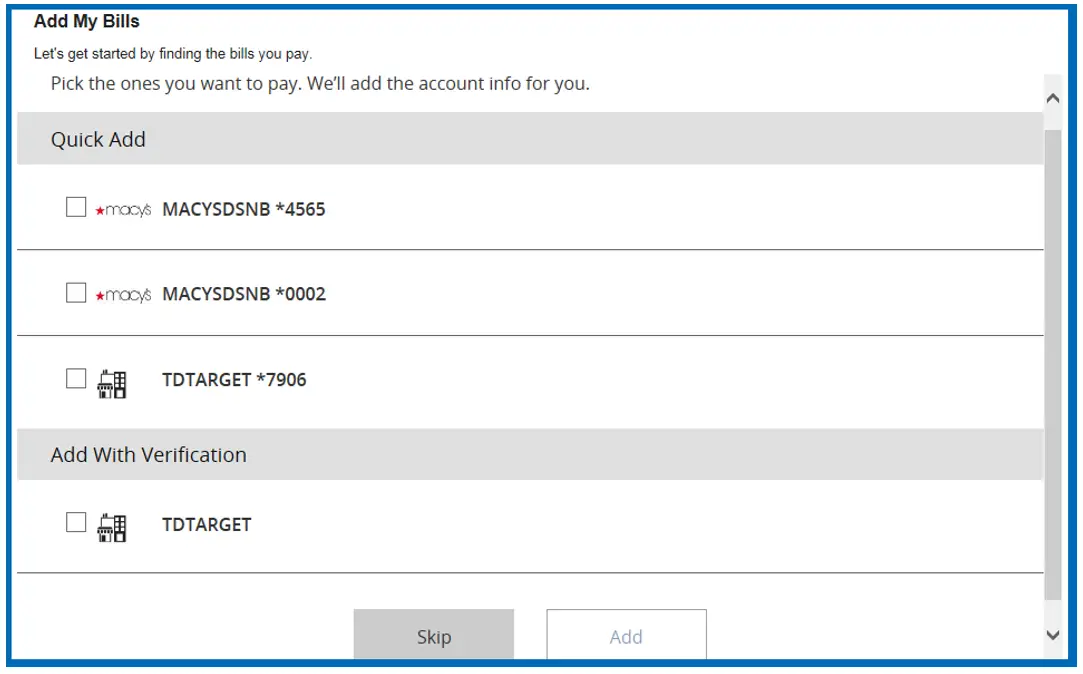
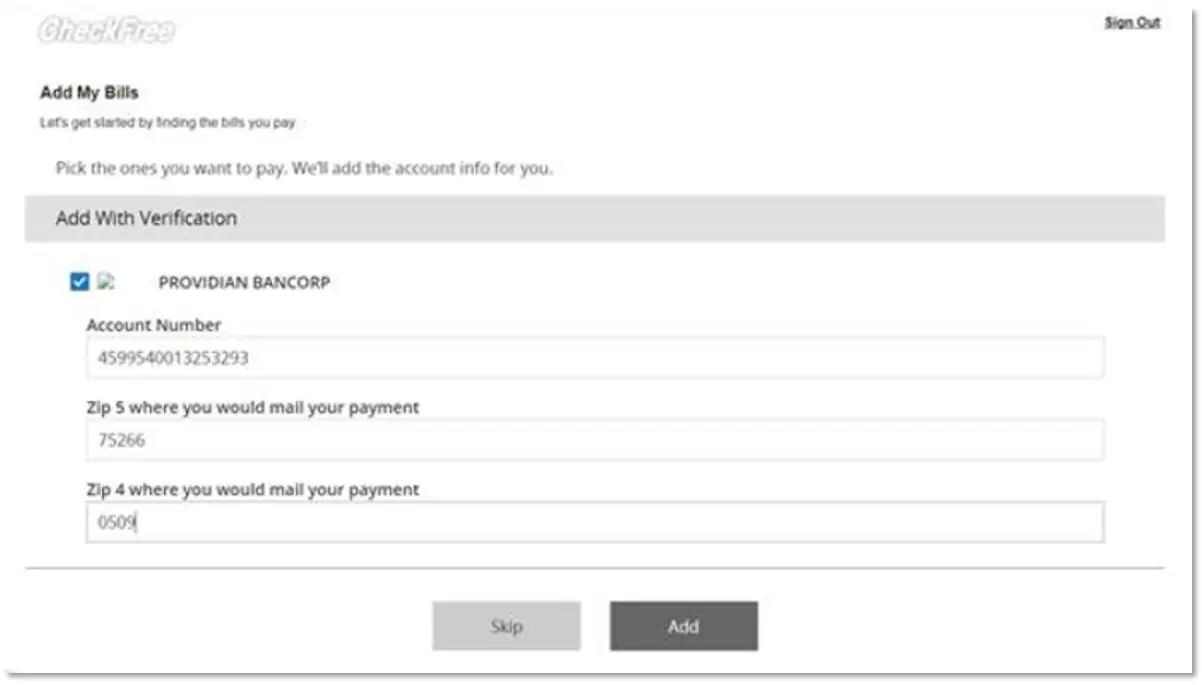
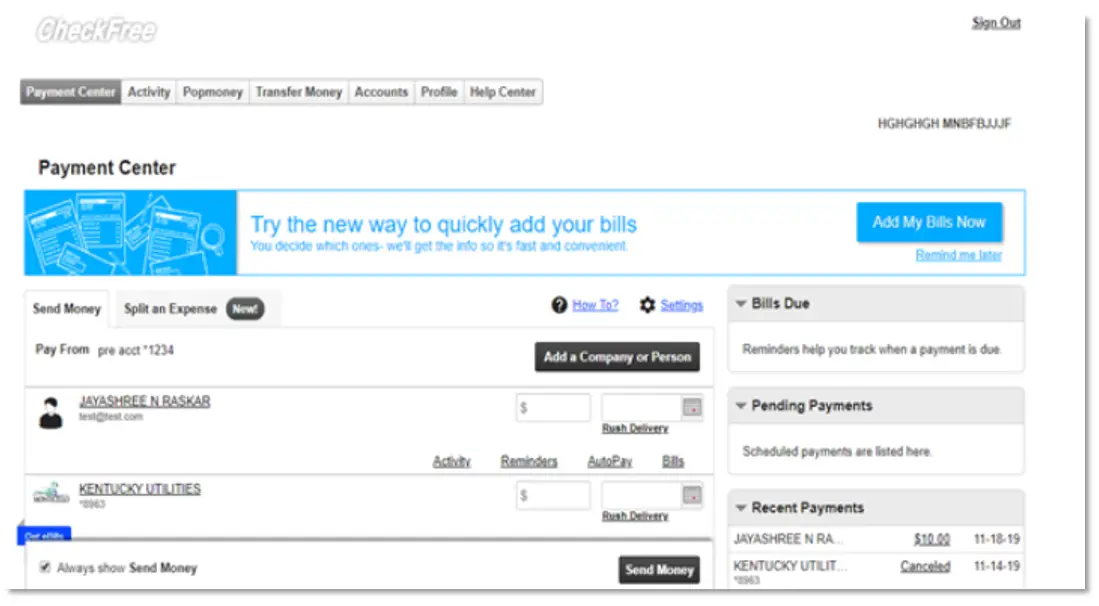
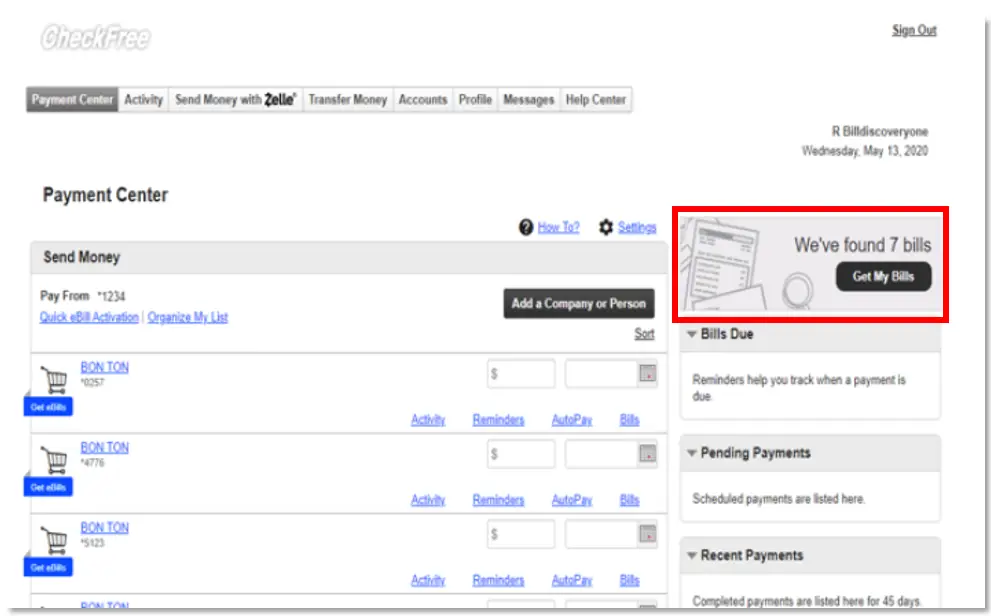
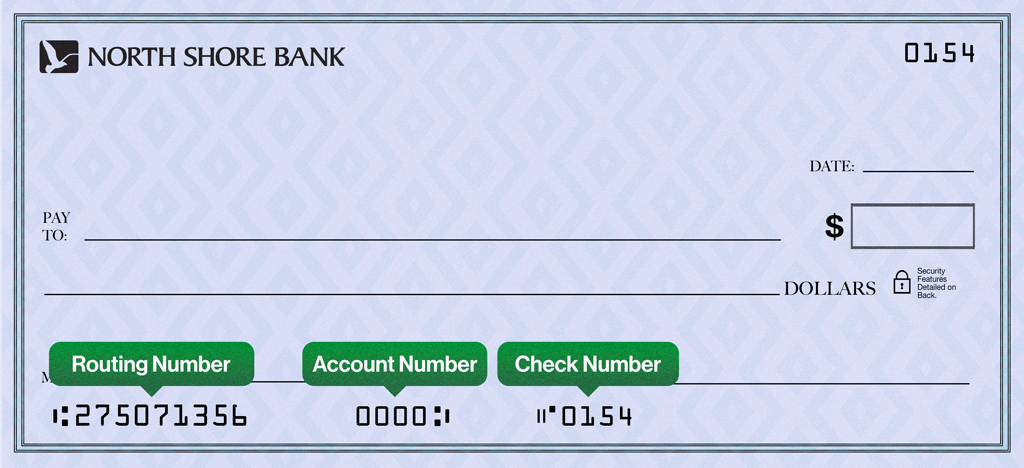 When opening an account online, your initial deposit must be done by transferring money from your current bank account or by debit or credit card.
When opening an account online, your initial deposit must be done by transferring money from your current bank account or by debit or credit card. Click on the three vertical dots alongside the blue “Pay” button
Click on the three vertical dots alongside the blue “Pay” button